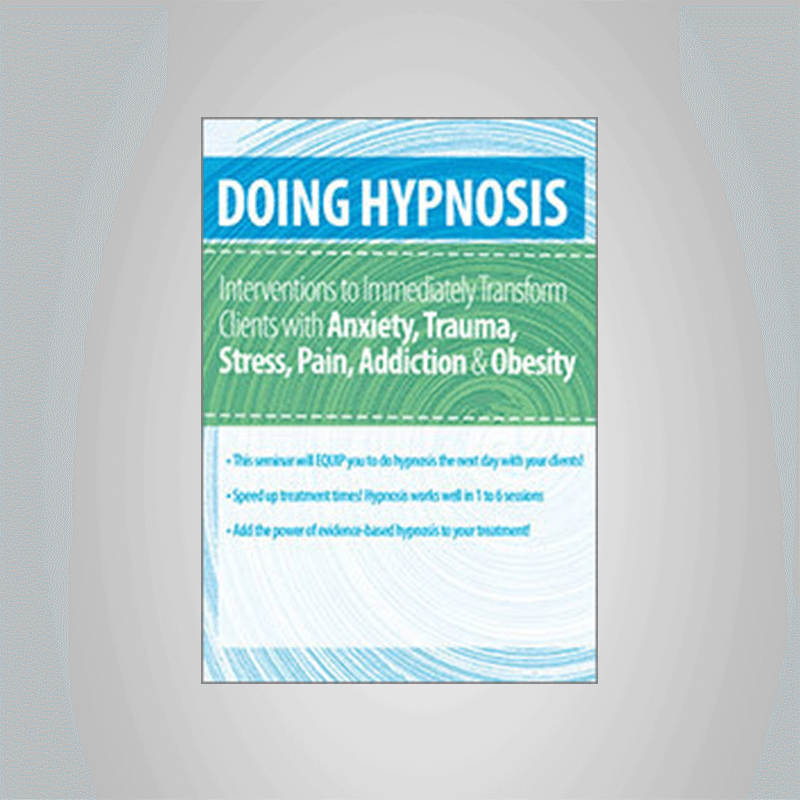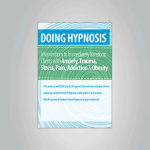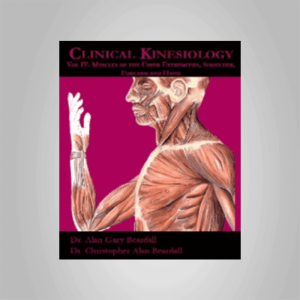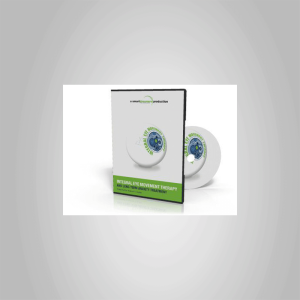C. Alexander and Annellen M. Simpkins – Doing Hypnosis: Interventions to Immediately Transform Clients with Anxiety, Trauma, Stress, Pain, Addiction, & ObesityDescriptionThis seminar will EQUIP you to do hypnosis the next day with your clients!Speed up treatment times! Hypnosis works well in 1 to 6 sessionsAdd the power of evidence-based hypnosis to your treatment modalities for pain, anxiety, stress, trauma, weight and addictionAs a clinician, it can be frustrating the number of sessions needed to see results. Too many of our clients spiral out of control over simple every day stress because they don’t have in the moment coping skills. Are you giving them skills they can use in the moment?We remember seeing Halle, a mom who had experienced complications, pain, and trauma with her first birth. It took her 10 years to consider having another child. Sitting in our office three months pregnant, her baby’s health was dependent upon her ability to handle the stress and trauma of the first birth. She would deliver in six months and she needed coping skills today. If you see Halle tomorrow, do you have an approach that can provide her the skills she needs to cope tomorrow?Watch our recording and learn the hypnosis techniques we used that transformed Halle’s life and made her fears vanish.This workshop teaches you how to go in and out of the hypnotic state, use direct and indirect forms of suggestion, and employ a four-step method to alter negative self-suggestion. You will experience varied hypnotic phenomena and learn helpful, powerful interventions for anxiety, stress, trauma, substance abuse, pain, sleep and weight.If you are new to hypnosis, you will gain the skills you need to start adding hypnosis into your practice. Or, if you are an experienced hypnotherapist, you will learn innovative methods to enhance your work. Through the process, you will gain hypnotic skills you can use for enriching your own personal development.We have spent more than 40 years in the research, neuroscience, and the practice of hypnosis, and have used hypnosis ourselves many times as a personal resource for pain, stress, and accomplishing seemingly impossible tasks. In our own research comparing indirect hypnotherapy to traditional awareness-based therapy, we found subjects working unconsciously in hypnosis, effectively overcame target complaints.HandoutsManual (8.7 MB) 135 Pages Available after Purchase Slides (3.5 MB) Available after PurchaseOutlineHypnosis: Working with the UnconsciousParadigm shift on the unconsciousEast-West correlationNeuroscience research supportResearch for working unconsciously in therapyAdvantages of hypnosis for therapyHow Hypnosis Affects the BrainUnconscious intelligenceHypnosis dual effectHypnosis and executive controlDefault mode networkDeveloping Your Hypnotic ToolsAbsorptionFocusOpennessMind-body LinkSuggestionDirectIndirectPost-hypnotic4-step method to overcome negative self-suggestionsTranceworkGetting to know your natural unconscious tendenciesGoing in and out of hypnosisDeepening with hypnotic phenomenaUtilizing Hypnosis for Therapy: Research, Cases, Protocols & Experiential ExercisesAnxiety, stress and traumaSubstance abusePainSleepEating disordersPsychosomatic disordersPrinciples to Guide your HypnotherapyFacultyC. Alexander and Annellen M. Simpkins, Ph.D.Co-AuthorsC. Alexander Simpkins, Ph.D. & Annellen M. Simpkins, Ph.D, are psychologists specializing in neuroscience, psychotherapy, meditation and hypnosis. Drs. Simpkins have been practicing psychotherapy for more than three decades; and have been researching and practicing hypnotherapy and meditation for four decades, studying hypnosis under G. Wilson Shaffer, dean of Johns Hopkins University, and Director of the Hopkins Counseling Center; hypnotherapy under Harold Greenwald, creator of Direct Decision Therapy; and indirect hypnosis with Milton H. Erickson and Ernest Rossi. They have taught their meditative and hypnotic methods to facilitate mind-brain change to people of all ages. Additionally, they have been involved in neuroscience for 15 years and have been integrating it into treatments and helping to bring the most recent research findings to practitioners. They present seminars at professional conferences, state mental hospitals, university campuses and to popular and professional audiences around the world.The Simpkins are authors of 26 books, many of them bestsellers. Their most recent book is Yoga & Mindfulness Therapy Workbook for Clinicians and Clients (PESI, 2014). Drs. Simpkins have written many books on neuroscience such as, Neuroscience for Clinicians (Springer, 2012), The Dao of Neuroscience (Norton, 2010) and Neuro-Hypnosis (Norton 2010); as well as hypnosis titles: Self-Hypnosis for Women (Radiant Dolphin press, 2004), and Effective Self-Hypnosis with CD (Radiant Dolphin Press, 2000). Their books have over 20 foreign editions and have won numerous awards.
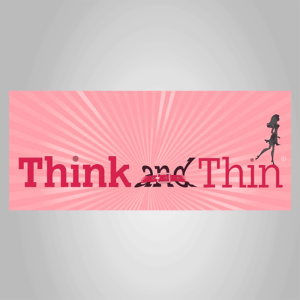 Brittany Watkins – Think and Thin
₹11,454.00
Brittany Watkins – Think and Thin
₹11,454.00
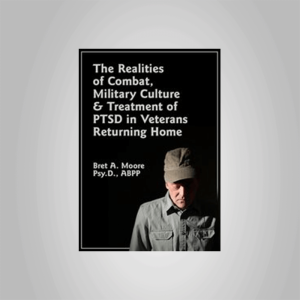 Bret A. Moore – The Realities of Combat, Military Culture & Treatment of PTSD in Veterans Returning Home
₹1,826.00
Bret A. Moore – The Realities of Combat, Military Culture & Treatment of PTSD in Veterans Returning Home
₹1,826.00
C. Alexander and Annellen M. Simpkins – Doing Hypnosis: Interventions to Immediately Transform Clients with Anxiety, Trauma, Stress, Pain, Addiction, & Obesity
₹5,810.00

